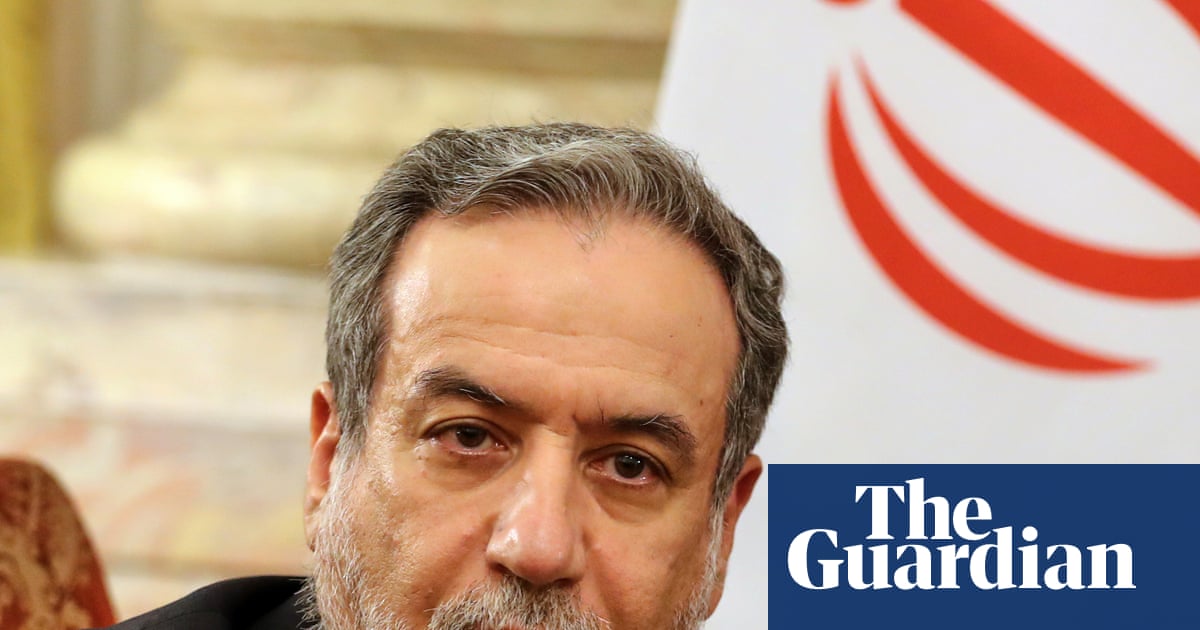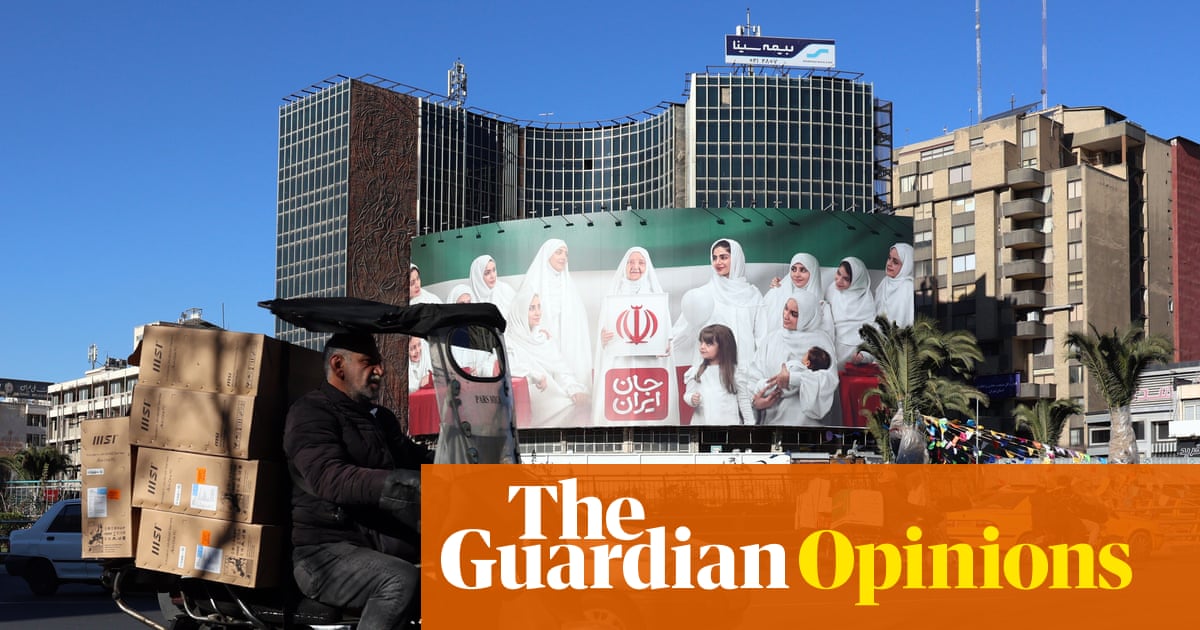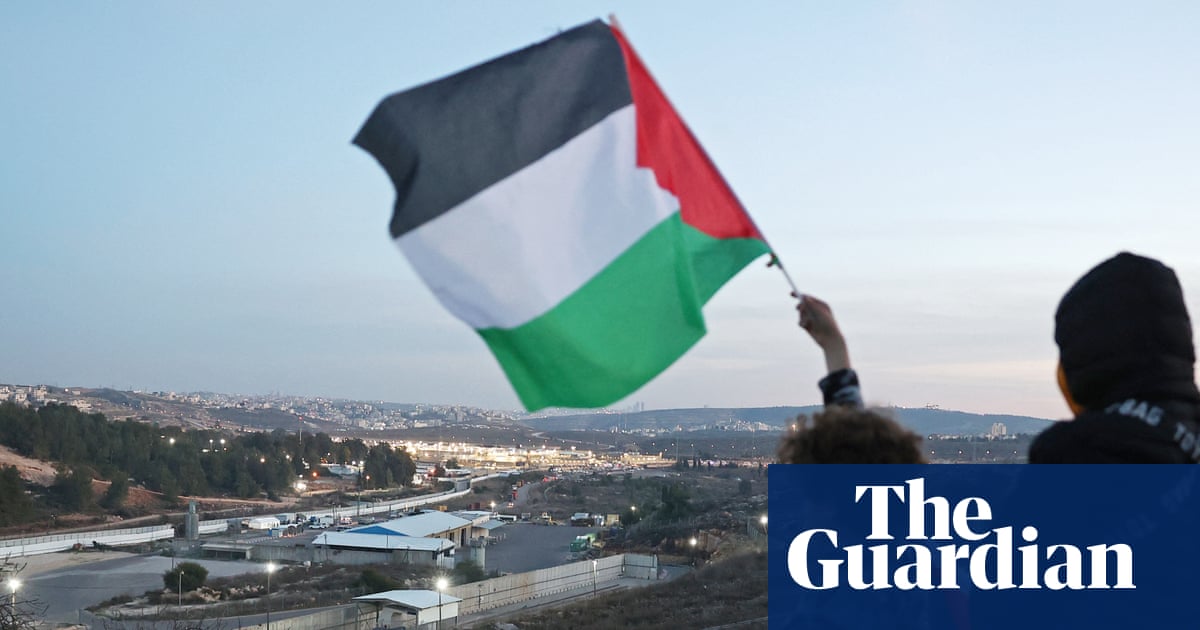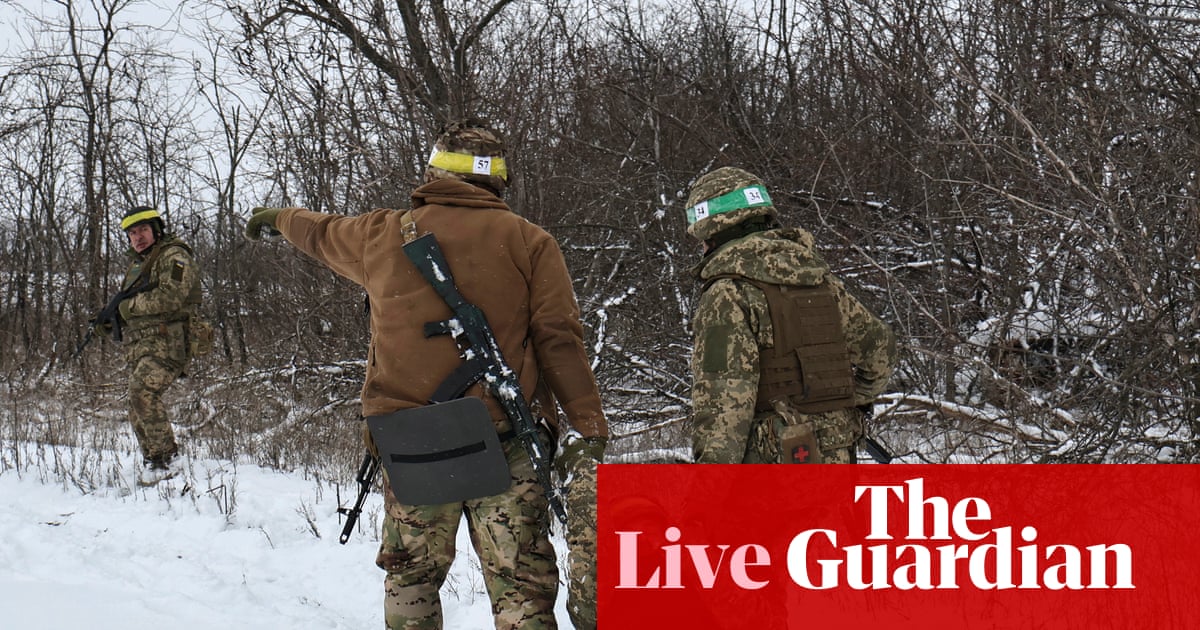Britain’s biggest weapons manufacturer, BAE Systems, has quietly scrapped support for a fleet of aircraft providing “life-saving” humanitarian aid to some of the world’s poorest countries.
The decision further reduces the distribution of vital aid to countries facing serious humanitarian crises, including South Sudan, Somalia and the Democratic Republic of Congo (DRC).
BAE Systems announced record profits this year of more than £3bn, buoyed by increased defence spending linked to the Israel-Gaza conflict and Russia’s war in Ukraine.
The decision to scrap support for the aid aircraft is thought to have been made in order for the defence firm to pursue projects related to Nato members’ 5% increase in spending on arms.
Several major humanitarian contracts have been cancelled since the decision, including one with the UN’s World Food Programme (WFP) to fly aid to 12 destinations across Somalia where almost 5 million people face “crisis” levels of hunger.
The developments follow a decision by BAE Systems to voluntarily surrender the type certificate issued by the UK’s Civil Aviation Authority for the Advanced Turbo-Prop (ATP), thereby revoking the airworthiness of its last commercial aircraft model.
BAE informed the European Union Aviation Safety Agency that these models were “no longer produced and that, to their knowledge, only few aircrafts are being operated”.
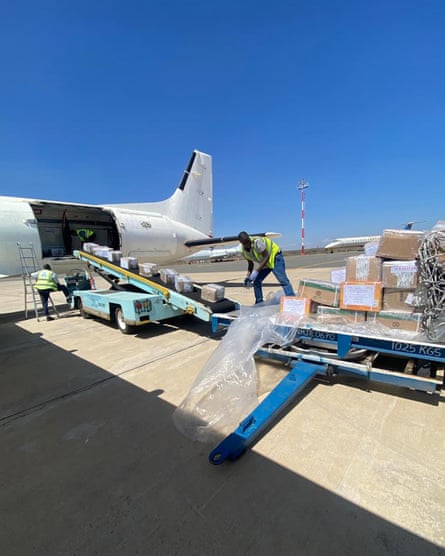
Though several countries have the ATP still registered, the last known operator was EnComm Aviation, a Kenyan air-cargo operator that specialised in delivering humanitarian aid across east Africa.
Jackton Obuola, EnComm Aviation’s director, said: “The aid our aircraft delivered provided a lifeline to the people of South Sudan, Somalia and the DRC at a time of great global instability.
“BAE’s decision to suddenly withdraw support for all our planes has grounded the fleet and cut off vital supplies to those most in need. Now, the people of east Africa face an increasingly perilous situation while BAE prioritise their own commercial interests.”
Between March 2023 and last month, EnComm Aviation’s aircraft delivered 18,677 tonnes of aid to Somalia, South Sudan, Tanzania, Democratic Republic of Congo, Central African Republic and Chad.
The WFP estimates that one tonne of food – usually cereals, pulses and oil – can meet the daily needs of about 1,660 people.
BAE’s ATP was considered ideal for humanitarian missions because it could operate on the shorter airstrips that are common in remote locations. Each aircraft could carry a payload of 8.2 tonnes (18,077lb).
A pre-action letter sent by lawyers acting for EnComm to BAE Systems, dated 13 October 2025, says that, since the decision, its 12 aid aircraft “cannot be operated” and are now “worthless for their intended purpose”.
The letter references emails and meetings between BAE’s senior leadership and EnComm Aviation that the Nairobi-based firm claims shows that it was led to believe BAE would provide continued support for its ATP for at least five years.
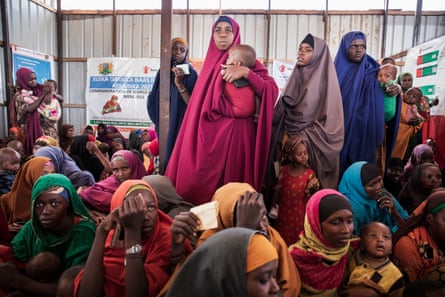
Sent by the London lawyers White & Case, the correspondence adds that the decision was taken “without any consultation with or formal notice to EnComm”.
A BAE Systems spokesperson said: “We do not comment on potential litigation.”
Correspondence from BAE Systems, meanwhile, shows that its decision to withdraw the airworthiness certificate for the ATP is “permanent and irreversible”.
after newsletter promotion
A letter from the defence firm’s head of regional aircraft programmes, dated 27 May 2025, said the firm intended to inform the UK Civil Aviation Authority it wanted to “start the process to voluntarily surrender the aircraft type certificate for the BAE ATP. The objective being to complete this activity by December 2026.”
Among several humanitarian contracts that EnComm has had to cancel is a 10-year agreement to operate in the DRC.
Another involves WFP Somalia, with EnComm’s aircraft due to be based at two airports and four airstrips, where they would transport food to regions where the country’s food shortage is officially classed as a crisis. The contract, seen by the Guardian and agreed to run from 1 September 2025 to 31 August 2026, has been cancelled.
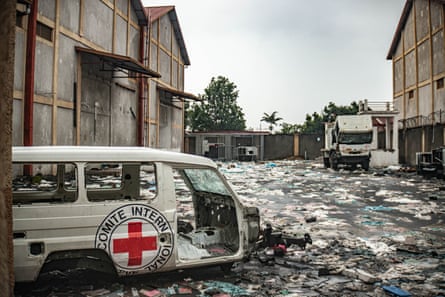
According to the UN, 4.6 million people are facing crisis levels of hunger in Somalia, while 1.8 million children aged under five are suffering from acute malnutrition.
In South Sudan – where EnComm flew to 12 different destinations – the UN’s Food and Agriculture Organisation has warned that some regions are sliding into famine.
In total, 7.7 million people across South Sudan face acute food insecurity – more than half the entire population – with 2.3 million children malnourished.
Farther south – in the DRC – a record 27.7 million people are experiencing acute hunger amid conflict linked to huge displacement, climate crisis and rising food prices.
The situation is worst in its eastern provinces – North Kivu, South Kivu, Ituri and Tanganyika – where families have lost access to their livelihoods after prolonged conflict in the region.
EnComm’s contract for the country involved flights to 11 destinations including the city of Goma, which was seized by Rwandan-backed M23 rebels at the start of the year.
Since BAE signalled its intention over the aircraft, EnComm Aviation has closed operations in Kenya. It is now seeking £187m in losses and damages claiming “negligent misrepresentation and misstatement” by BAE.
Analysts expect BAE system’s profits to increase further this year as it benefits from increased military spending globally amid growing instability.

 2 months ago
70
2 months ago
70



